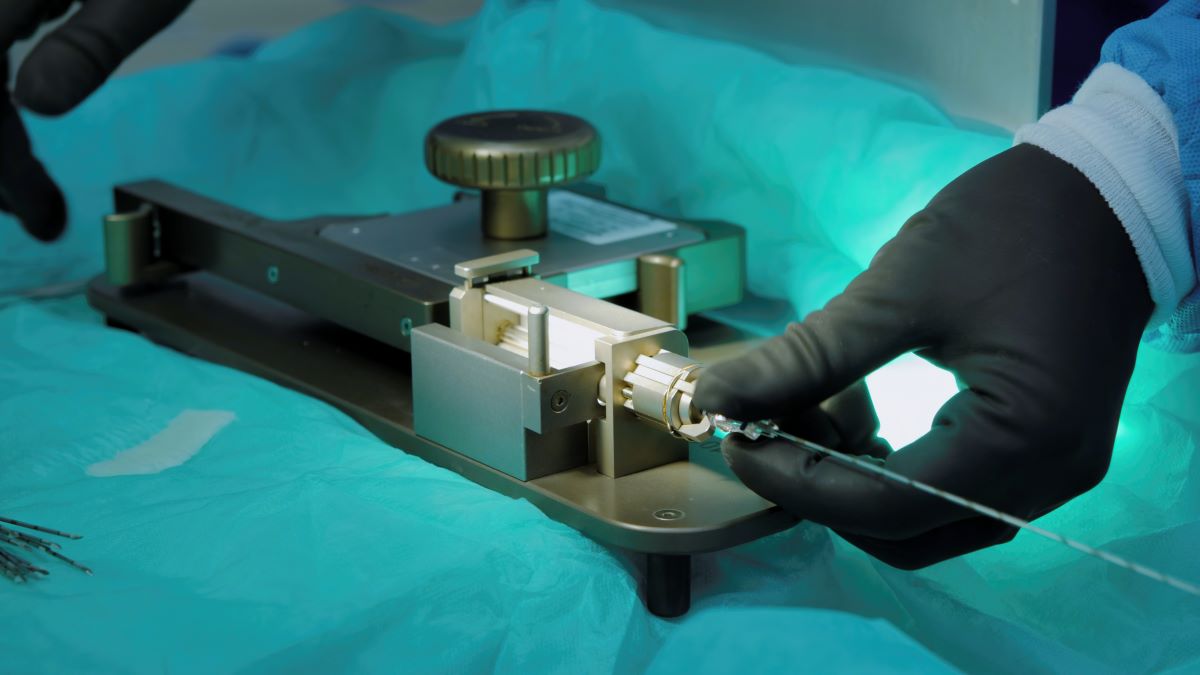What is a Biopsy Test: Procedure, Side Effects, Uses and Risks

A biopsy is the procedure that removes a piece of tissue from your body, which is then sent to a laboratory for examination. Healthcare professionals may suggest you undergo a biopsy if they suspect you have certain underlying physical conditions. Depending on your health conditions, your doctor may advise the most relevant biopsy type.
Read on to know what biopsy is, its procedure and its types.
What Is the Meaning of a Biopsy?
It is a popularly used medical procedure wherein a sample of your body tissue or cells is taken for examination. If you exhibit specific symptoms or if your doctor has found a problem area, you might need a biopsy. This test can help determine whether you have cancer or are suffering from other health conditions.
Imaging tests, such as MRI and CT scans, can help detect irregular tissues or masses. However, these tests cannot differentiate between cancerous and non-cancerous cells. This is where a biopsy procedure comes to the rescue.
What Are the Types of Biopsies?
There are various types of biopsies depending on a patient's medical condition.
- Needle biopsy: As the name suggests, a needle scraps the suspicious tissue.
- Ultrasound-guided biopsy: In this, an ultrasound scanner helps the practitioner find the area of the lesion.
- CT-guided biopsy: Similar to the above type, a doctor uses a CT scan to determine the position of the tissue.
- Bone biopsy: This is done to detect bone cancer.
- Surgical biopsy: The doctor may perform a laparoscopic or open surgery to obtain a hard-to-reach tissue.
How to Prepare for a Biopsy?
Understandably, you might be a bit nervous before your biopsy test. However, note that your healthcare professional will try their best to make you feel the most comfortable. They will review the following information before conducting the test:
- Your medication history.
- Allergies, if any.
- Current health.
- If you are pregnant or not.
Your healthcare provider will also inform you if you need to stop eating or take fluids before the test. Finally, you will be informed about the anaesthesia you will be under during the test.
How is a Biopsy Performed?
Biopsies are often performed only by trained radiologists. The procedure for a biopsy differs depending on the type. However, common needle biopsies are performed on an out-patient basis through the following steps:
- A nurse will insert an intravenous line into your arm for sedation.
- Next, your doctor will use local anaesthesia to numb the needle's insertion area.
- The technician will use a restricted CT or MRI scan to validate the nodule's location.
- After determining the nodule's location, they will mark the entry point on your skin.
- After this, the physician will wash and sterilise the skin before being covered with a clean, sterile drape.
What are Some Common Uses of Biopsies?
Typically, biopsy tests are carried out to detect malignancy or cancer. Not just this, biopsies can also help detect other diseases.
In some situations, a biopsy of a healthy tissue may be conducted to check if the cancer has spread or if your body has rejected a transplanted organ.
What are the Side Effects of a Biopsy?
Although uncommon, a few complications arising due to a biopsy may include:
- Excessive bleeding
- Scarring
- Infection
What to Do After a Biopsy?
After the procedure is done, for a few days, the biopsy site may still be sore. If the biopsy has caused you much pain, your doctor may recommend painkillers. Note that the instructions for aftercare differ. However, you can take off your bandage a day after the treatment and have a regular shower or bath.
Although the procedure is painless, consider contacting your doctor immediately if you present with a few complications. Further, if you have any questions regarding what a biopsy is, you should consider clearing your doubts with your healthcare provider.














